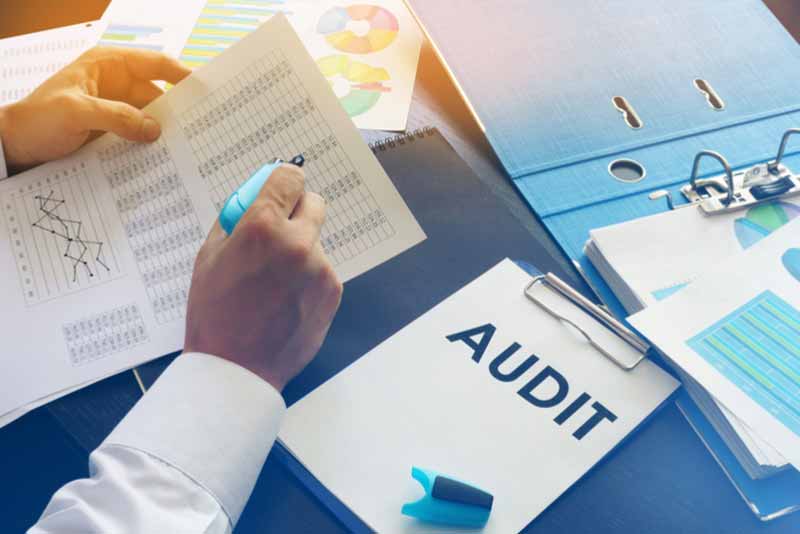The Ultimate Guide to Waste Audits for UK Businesses
Every business produces waste in one form or another. Understanding the waste that your business generates can help you take steps to reduce the volume and improve your management systems. Arranging a waste audit is an excellent way to identify your current systems and find ways to streamline.

Let’s take a look at what waste auditing entails and the benefits it can bring to your business, no matter the industry you’re in.
What is waste auditing?
A waste audit assesses your current methods of managing waste. This may include recyclable materials and non-recyclable waste, from cardboard and plastic to clinical waste. Every business is different, so it’s important to find the best waste management solutions for your particular circumstances.
Once your current waste management systems have been identified through an audit, you can identify ways to reduce the volume of waste going to landfill and improve your recycling capabilities.
Why every business needs a waste management audit
The only way for a business to improve its waste management strategy is to first understand its current methods and identify what is and isn’t working well.
With increasing focus on corporate responsibility when it comes to environmental practices, it’s important to step up and ensure you are meeting regulations. Carrying out a waste audit and developing improved strategies can help you stay compliant and as sustainable as possible, reducing the chance of legal penalties or fines.
Learn more about food waste legislation and the ‘Simpler Recycling’ law.
Other benefits of a waste audit include:
- Cost savings: From reducing the number of waste collections needed and lowering landfill tax to finding new revenue streams through selling baled cardboard waste, audits can identify opportunities for cost savings and income.
- Improved efficiency: With more streamlined waste management, you can reduce the amount of time spent on handling collections and emptying. This can give staff more time to spend on other areas of business.
- Green credentials: By recognising existing practices and committing to making improvements, you can boost your brand’s image, appealing to customers who appreciate a focus on environmentally-friendly practices.
- Workplace safety: Proper waste disposal is important for keeping workplaces safe and hygienic. Reducing clutter and ensuring proper waste storage through the use of a compactor can minimise hazards and create a more pleasant environment.
What happens during a waste audit?
We conduct our free waste audits via video calls to discuss the amount and types of waste generated and how processes can be improved.
There are three key steps:
1. Waste audit survey
During this first stage, we’ll discuss your current waste management strategies and conduct data analysis of your:
- Waste volumes
- Waste streams
- Annual waste management costs
2. Consultation and recommendations
Once we have a clearer idea of how you currently deal with waste and recycling, we’ll highlight any areas that could be costing you money and contributing to your carbon footprint.
We’ll offer expert advice and suggest practical ways to:
- Reduce overall waste generation volume
- Improve sorting methods so more can be recycled
- Safely handle specific waste streams, such as sanitary products, clinical waste, and hazardous materials
- Find the best equipment options to save time and money
- Train your team to ensure best practices at all stages of the waste management process
3. Equipment trial
We can then arrange a free trial of the equipment we feel would be most beneficial for your business. We’ll talk you through the options, which include:
Book your free waste audit with phs Wastekit
Our waste-saving audits are designed to help businesses identify weaknesses and opportunities in their current waste management strategies and implement stronger, more streamlined practices. With a comprehensive waste audit from phs Wastekit, you can benefit from expert guidance and practical support to help you lower your waste volumes and carbon footprint while saving money and boosting your green credentials.
Get in touch to book your waste audit from the leading provider in the UK.